|
I came across a research challenge in Ragtimers Club, a Facebook special interest group. A series of posts hinted that an obscure young pianist, unfamiliar to everyone in the group, had posed as Scott Joplin, the King of Ragtime, during several 1913 performances across Southeast Kansas.
After two partial days of trying to pinpoint the pianist's identity, beyond the partial name available to me in Ragtimers Club, I identified a suspect. I also had a problem. My suspect was another piano-playing con-man active during the 1930s and '40s. Joplin's Southeast Kansas impersonator, if indeed there was one, had only first and middle initials and a last name--C. W. Wilburn. My suspect shared the Wilburn surname but had a given name beginning with C and no middle name or initial. I had to admit, if only to myself, that the odds were against me. Yet the more I struggled to piece together what looked like the right biographical records, ruling out other men's records who shared the name, and the more I researched this other Wilburn's performance history, the more convinced I became that I needed to see if I could connect the two men. Anyone with the audacity and skill to assume a false identity as a public performer and to get away with it for nearly two decades would not have hesitated to pose for a few weeks as Scott Joplin in small-town Southeast Kansas. This is the story of my search--of my effort to link the Southeast Kansas King of Ragtime with the Prince of Music. Scott Joplin's only identified trip through Oklahoma occurred roughly three years and four months before Oklahoma became the 46th state.
When I began this project, I intended to provide brief historic and ragtime context for Joplin's visit and to document the visit itself--a simple, straightforward project. That remains a substantial portion of what appears below. Eventually, I realized that the tour through territorial Oklahoma extended beyond the borders, altering the established Joplin timeline. For that reason, I expanded my scope. As I pursued new ideas, I researched additional angles. New findings led back to an unanswered question Ed Berlin asks in King of Ragtime: Scott Joplin and His Era (2nd ed, 2016), and I will propose a possible answer to that question. Hopefully, the gradual evolution of this project has increased its significance. Anyone wishing to read only the Joplin findings may do so by scrolling down to "The Joplins Travel Through Indian Territory." Yes, Freddie Joplin must have accompanied her new husband on these travels. However, the earlier material will provide a broader understanding of what the Joplins would have experienced during their travels, and I will occasionally allude to that cultural background when discussing the Joplins. A January 12, 1920 U.S. Federal Census record reveals that Harry Auracher (34), musician in the theater industry, and wife Dorothy (27) were staying with friends in Manhattan. The Aurachers' trip to Manhattan was not just a social visit. The Frivolities of 1920
Reviews focused on the show’s vulgarity, its girls, and the likelihood of its success, not on its music.
Background and Education Largely forgotten, composer and orchestra leader Harry Runkle Auracher was born in Creston, Iowa, on February 21, 1886, to George Auracher, a plumber, and Mary F. Runkle Auracher. Harry's sister Ruth, born just under two years after Harry and also a professional musician, later told a reporter, “My mother was a fine pianist, and she taught my brother and me the foundation of music, the rest I have learned in the world of experience. I started playing for shows at the theatre in my home town when I was a little girl.” Young Harry seems to have led a similar life because he was nicknamed “the boy pianist.” The November 6, 1914 issue of the Baltimore Evening Sun states that Auracher wrote his first march at 14. As a youth, Harry also traveled and performed locally in Agnew’s Juvenile Band, directed by Frank E. Agnew, who owned a Creston clothing store. Harry Auracher attended Michigan Military Academy where, according to the Greater West Bloomfield Historical Society, he played tuba in the band. Other sources, including David Jasen, say he played trombone. Michigan Military Academy, Orchard Lake, Michigan, Twenty-eighth Year, September, 1904 lists Auracher among the 1903 graduates. After leaving Michigan Military Academy, Auracher attended Knox College, Galesburg, Illinois, where he joined Phi Delta Theta fraternity and, according to a 1925 Saratoga, New York newspaper, “thumped pianos at fraternity house parties.” The 1907 yearbook--the year of his graduation--reveals that he sang in the Men's Glee Club and served as accompanist. Multiple newspaper sources indicate that Auracher caught the attention of Princeton University, said to have recognized his potential for contributing to its music productions. The Catalogue of Princeton University, 1906-1907 lists H. R. Auracher as a “Student Qualifying for Regular Standing,” which may indicate the university had admitted him based on his talent rather than standard academic qualifications. In April 1907, Pittsburgh's Daily Post credits Harry Auracher and six other Princeton Triangle Club members with writing The Mummy Monarch, an original show then on tour in Pittsburgh. “The performance of The Mummy Monarch demonstrated that while the boys may be getting an education in the classics, they are managing to keep pace with the moderns," the paper declared; “There are men who are responsible for some of the late comic operas given us by the professionals who might go learn of these Princeton undergraduates how to do the thing well. For both the book and music of The Mummy Monarch were composed by the students who presented it, and the opera has more go and fun in it than many a work that has been palmed off on the public as ‘the hit of the season.’” In the Directory of Living Alumni of Princeton University, 1917, Auracher’s name appears second in an alphabetical list of 1910 graduates, but the volume provides neither an abbreviation to indicate his major, nor a current address, both of which are included for the majority of alumni. Auracher's Music Career: The Beginnings, 1908-1912
|
AuthorI am a retired community college professor and the great-granddaughter of composer, orchestrator, arranger, organist, and teacher William Christopher O'Hare. Click the "Read More" link to see each full blog entry.
Archives
November 2020
Categories
All
|




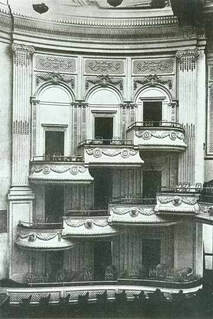
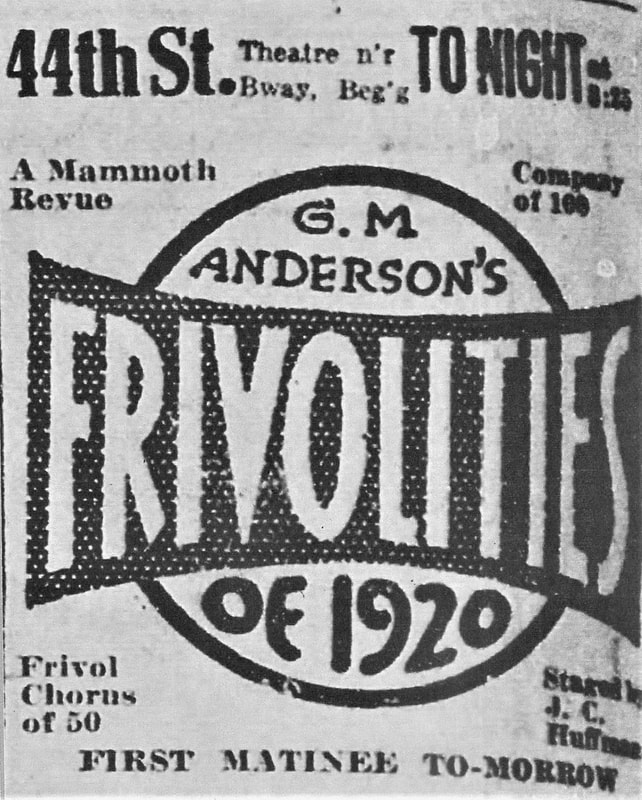
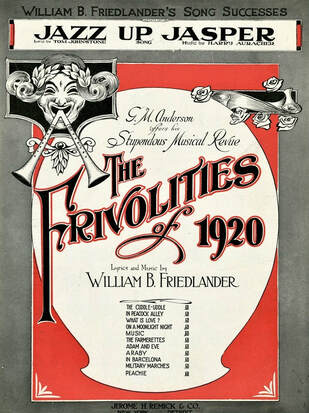
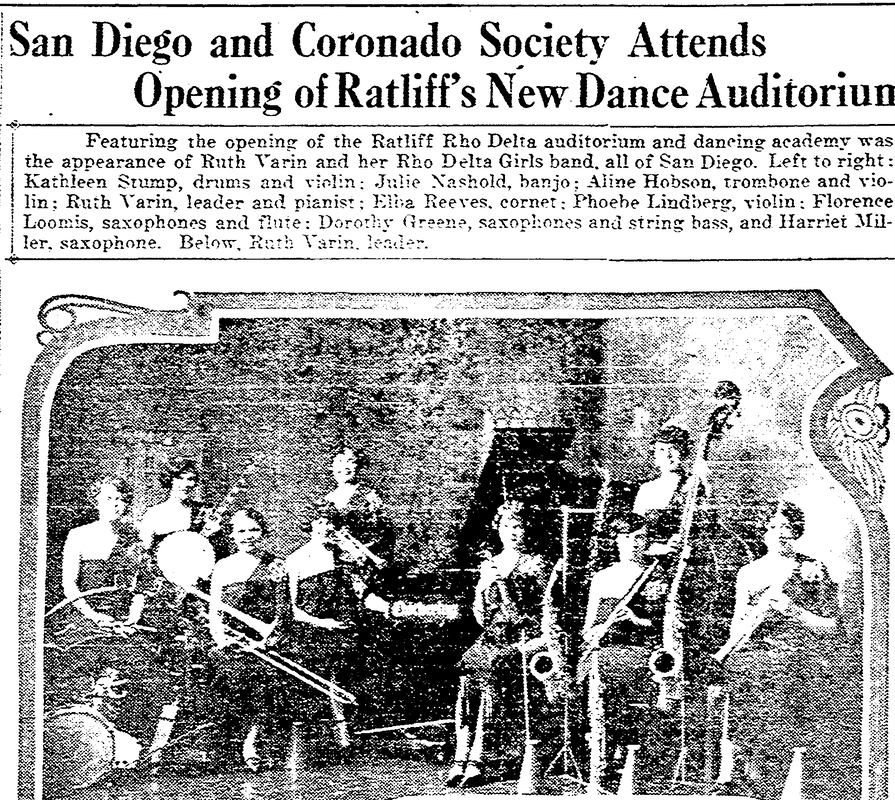
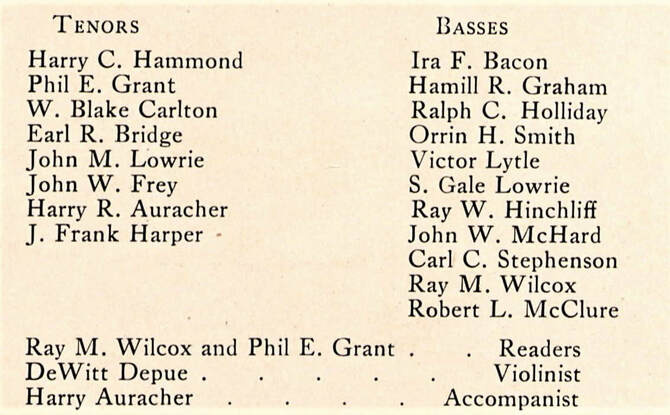
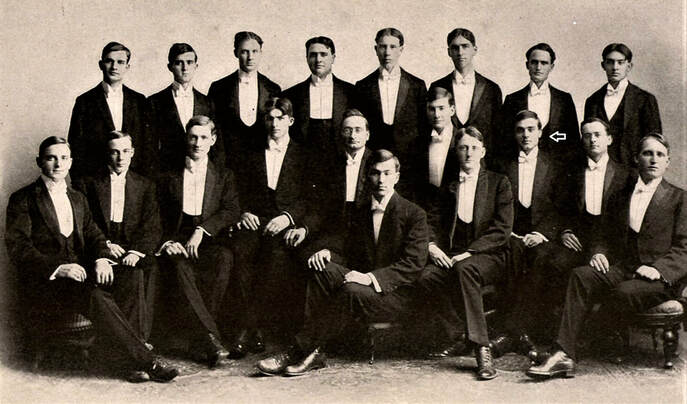
 RSS Feed
RSS Feed